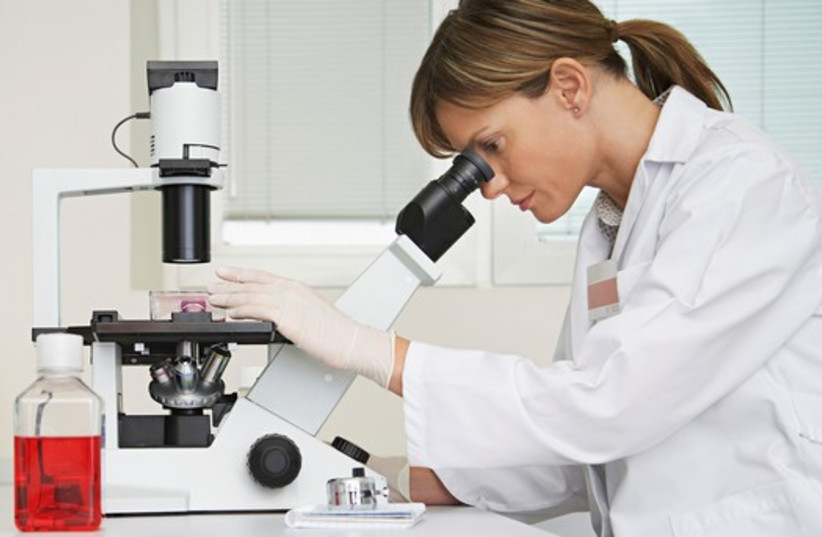Russian researchers have developed a sensor that can analyze liquids and gases in very small amounts, and which may be able to detect and monitor cancer.
According to a peer-reviewed study published in Optics Letters, the researchers, including lead author Aleksei Kuzin from HSE University and Skoltech and Prof. Dmitry Gorin of the Skolkovo Institute of Science and Technology, assembled a chip with nanophotonic optical sensors and microfluidic channels that are highly sensitive to fluids and gases.
When fluids or gases are pumped through the channels, optical radiation is detected by the nanophotonic devices, allowing researchers to detect changes in the output's spectral characteristics and thereby determine the composition of the fluids or gases.
The small size of the device allows researchers to accurately analyze samples, even in very small concentrations. This is important when researchers are unable to analyze samples at the site where they are found and must move them to another location for study.
According to HSE University, human blood contains objects that can be used to diagnose cancer, such as exosomes, which are microscopic vesicles released by tissue and organ cells.

Sign of cancer
"Cells communicate among themselves by using extracellular vesicles, such as exosomes, to send out messages. However, certain factors – either internal or external – can disrupt a cell's normal functioning, causing it to send the wrong messages, leading to uncontrolled cell division and tumor growth."
Prof. Dmitry Gorin, Skolkovo Institute of Science and Technology
In cases of early-stage cancer, the concentration of exosomes in the blood often increases markedly, which can indicate the presence of the cancer to oncologists.
"Cells communicate among themselves by using extracellular vesicles, such as exosomes, to send out messages," Gorin said, according to HSE. "However, certain factors – either internal (genetic predisposition) or external (environmental, such as radiation) – can disrupt a cell's normal functioning, causing it to send the wrong messages, leading to uncontrolled cell division and tumor growth."
